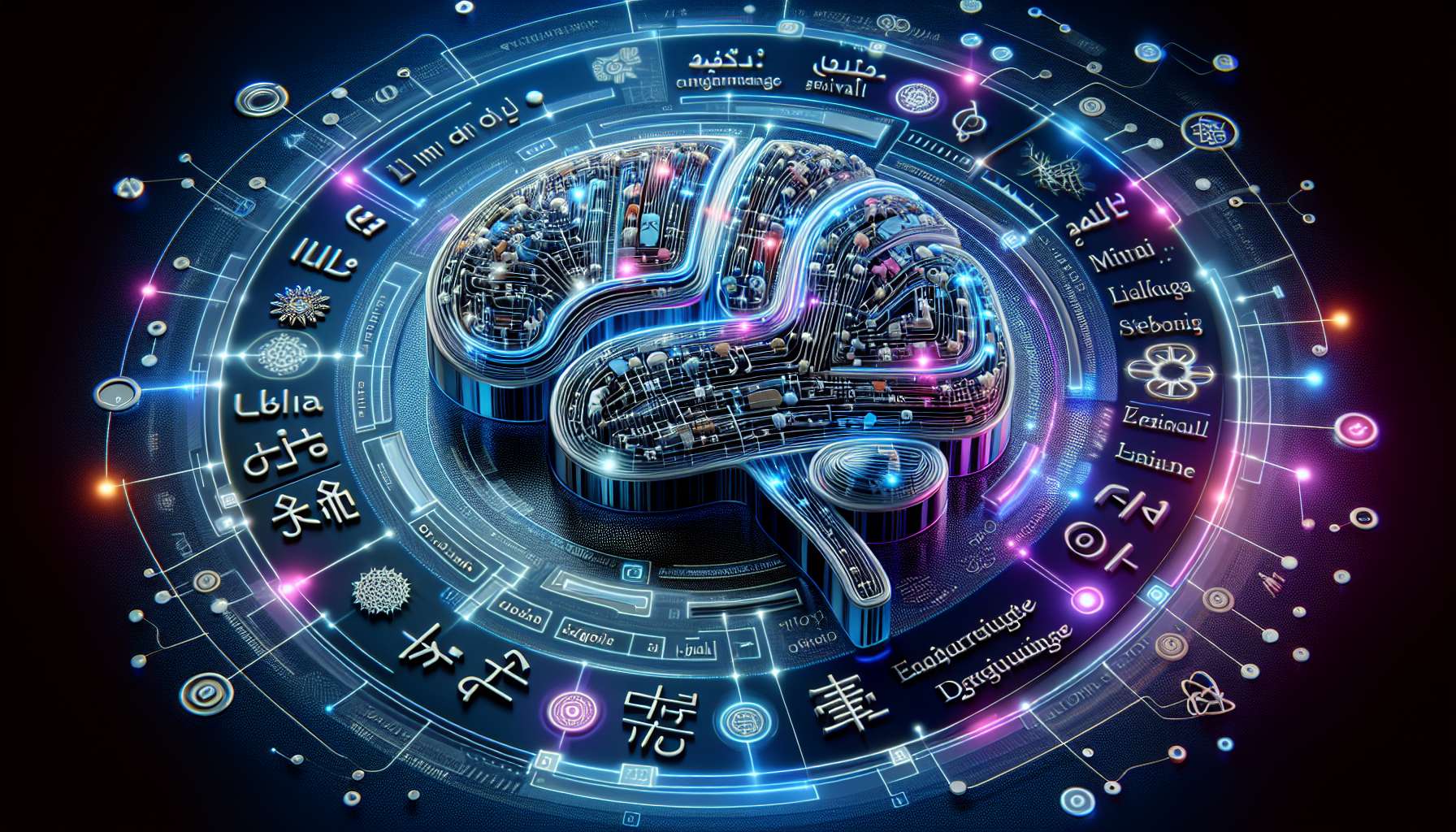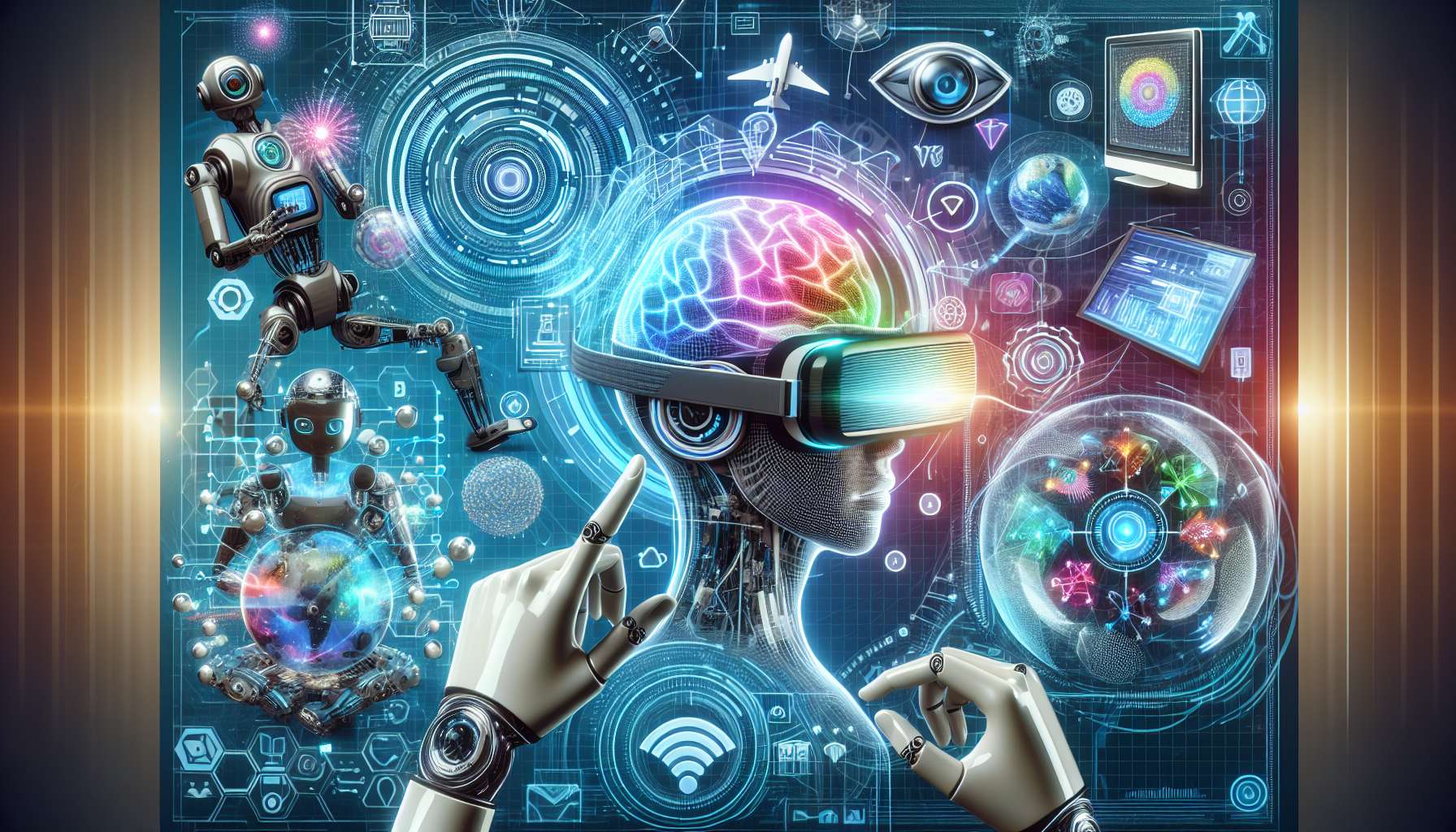Artificial Intelligence (AI) has emerged as a transformative force in modern technology and society. Its capabilities in data processing, outcome prediction, and task automation herald a new era of innovation. However, alongside these advancements come significant ethical concerns. This article explores the ethical implications of AI, emphasizing the need to balance innovation with responsible use.
Understanding AI and Its Impact
The Basics of AI Technology
AI mimics human intelligence to perform tasks and improve itself based on collected information. Key concepts include machine learning, neural networks, and natural language processing. Understanding these fundamentals is crucial to grasp AI’s potential and limitations.
AI’s Growing Role in Society
AI’s applications span healthcare, finance, entertainment, and transportation, reshaping various sectors. This section examines both the potential benefits and risks of AI’s widespread adoption, highlighting its profound societal impact.
Ethical Challenges in AI
Bias and Discrimination
A major ethical concern with AI is its potential to perpetuate biases. AI systems reflect the data they are trained on, which can lead to biased decision-making. Instances where AI has shown biases and their consequences are explored, emphasizing the need for unbiased AI.
Privacy and Surveillance
The integration of AI into daily life raises issues of privacy and surveillance. This part addresses the ethical considerations of AI in infringing on privacy rights and its use in surveillance practices.
Responsibility and Accountability
Assigning accountability for AI’s actions, especially in cases of error or harm, is a pressing ethical dilemma. This section delves into the challenges of determining responsibility for decisions made by AI systems.
Best Practices for Ethical AI
Developing Transparent AI Systems
AI transparency involves understanding AI decision-making processes. The importance of explainable AI is discussed, along with steps to ensure AI systems are transparent and comprehensible.
Ensuring Fair and Unbiased AI
This section outlines strategies to mitigate AI bias, including using diverse data sets, ethical AI training, and inclusive design principles, ensuring fair and unbiased AI applications.
Balancing Innovation with Ethical Considerations
Responsible innovation with AI involves considering ethical implications from the development stage. This section proposes a framework for balancing technological advancement with ethical responsibility, emphasizing the role of regulations, ethical guidelines, and stakeholder engagement.
Conclusion: The Way Forward in AI Ethics
The evolution of AI brings complex ethical considerations. Addressing these challenges and implementing robust ethical frameworks is crucial to harness AI’s benefits while minimizing risks. The future of AI should be shaped by innovation, guided by a commitment to societal well-being and ethical principles.








